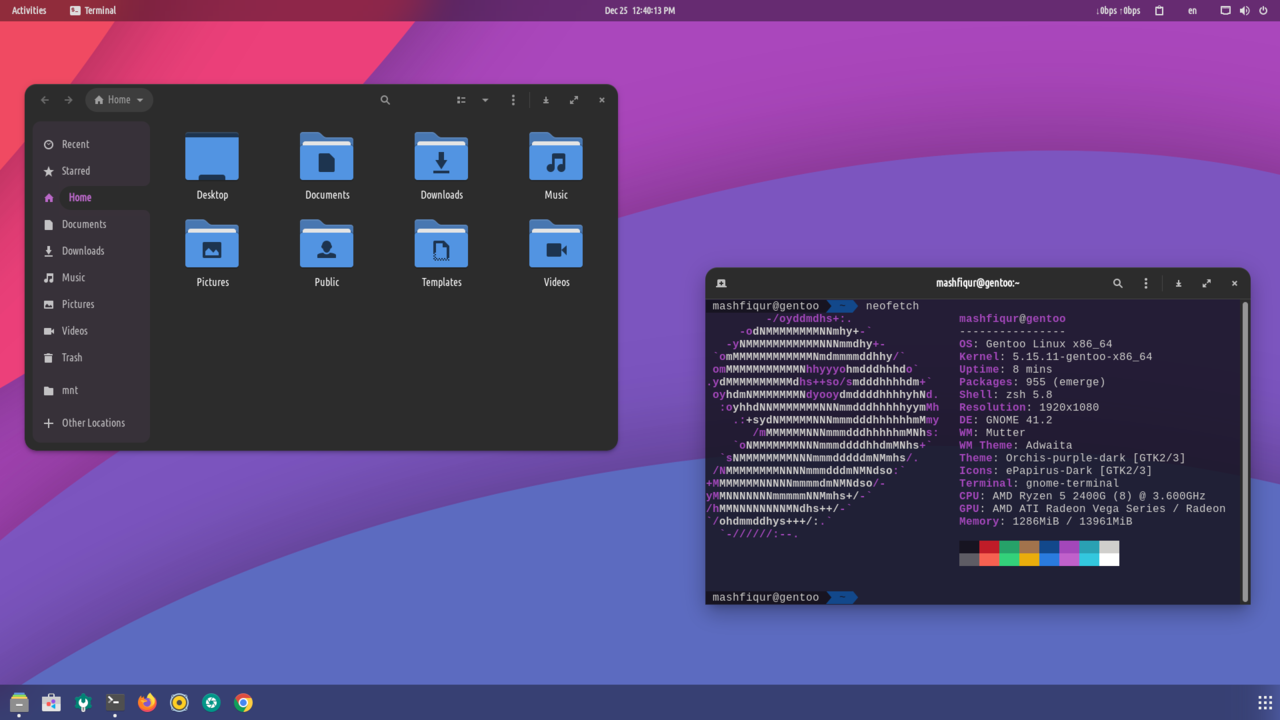How does the standardization process for C++ work
The standardization process for C++ involves a structured and collaborative effort by the ISO/IEC JTC1/SC22/WG21 committee, which is responsible for defining and updating the C++ standard. Here's an overview of how this process works:
Structure of the Committee
-
Working Groups: The committee is divided into several working groups, primarily focusing on the core language and the standard library. There are two core working groups: the Evolution Working Group (EWG) and the Core Working Group (CWG), and two library working groups: the Library Evolution Working Group (LEWG) and the Library Working Group (LWG)1.
-
Study Groups: In addition to the working groups, there are study groups focused on specific topics. These groups help generate papers that are then reviewed by the working groups.
Steps in the Standardization Process
-
Proposal Submission: Individuals submit proposals for new features or changes in the form of papers. These papers are typically …















